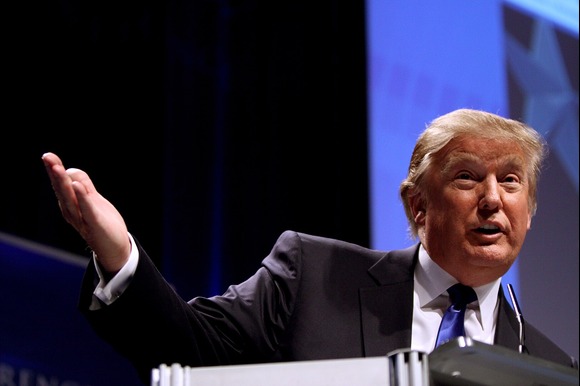Washington/Jerusalem – September 30, 2025: Former U.S. President Donald Trump has set a firm deadline for Hamas to respond to his latest Middle East peace initiative, intensifying pressure on the Palestinian group to accept terms aimed at halting ongoing violence and paving the way for negotiations. The move comes amid renewed tensions, with Israel reiterating its rejection of Palestinian statehood, raising doubts about the viability of any agreement.
Trump Pushes Hamas to Accept Peace Deal
Speaking during a rally in Florida, Trump announced that Hamas had until October 15 to provide a formal response to his proposal. He described the plan as a “historic opportunity to end decades of bloodshed” and insisted that the group’s acceptance would be a precondition for further talks with regional and international stakeholders.
“The world cannot wait forever. Hamas must decide if it wants peace or endless war,” Trump declared, adding that his team had consulted with Arab partners, the European Union, and U.S. allies before issuing the ultimatum.
The plan reportedly includes provisions for a long-term ceasefire, humanitarian aid corridors into Gaza, and potential reconstruction projects backed by Gulf states. However, it avoids clear commitments to Palestinian sovereignty — an omission that has already drawn criticism from Palestinian officials.
Israel Rejects Any Move Toward Palestinian Statehood
On the same day, Israeli Prime Minister Benjamin Netanyahu reaffirmed his government’s opposition to the creation of a Palestinian state, calling it a “security threat” to Israel’s existence.
“We will never accept a Palestinian state on our borders. Israel’s security and sovereignty come first, and we will resist any attempt to impose such a solution,” Netanyahu said during a press conference in Jerusalem.
Israeli officials argue that granting statehood would embolden militant groups and destabilize the region further. Instead, the government supports limited autonomy arrangements under strict Israeli oversight — a stance that continues to clash with international demands for a two-state solution.
Palestinian Response and Regional Reactions
Palestinian Authority representatives have condemned Trump’s deadline as “political theater,” accusing him of undermining Palestinian self-determination while emboldening Israel’s hardline policies.
A senior Hamas spokesperson said the group would review the proposal but warned that any plan excluding Palestinian sovereignty and the right of return for refugees “is doomed to fail.”
Meanwhile, Arab states offered mixed reactions. Saudi Arabia and the United Arab Emirates welcomed Trump’s initiative as a “step toward regional stability,” while Jordan and Egypt cautioned that bypassing Palestinian aspirations could fuel more unrest.
International Community Divided
The European Union urged all parties to engage constructively, though several EU officials privately questioned whether Trump’s plan was feasible given Israel’s stance. The United Nations reiterated its support for a negotiated two-state solution based on pre-1967 borders, warning that unilateral deadlines could escalate tensions.
Russia and China criticized the move, describing it as “one-sided” and “lacking international legitimacy.” Both nations called for renewed UN-led negotiations that would include all Palestinian factions.
Outlook: Growing Tensions Ahead of Deadline
Analysts warn that the combination of Trump’s ultimatum and Israel’s categorical rejection of Palestinian statehood could push the conflict into deeper stalemate.
Dr. Lina Abu-Salim, a political analyst based in Amman, said:
“Trump’s deadline is designed to pressure Hamas, but without Israeli willingness to accept a two-state framework, the plan is unlikely to gain traction. The risk is that this creates more frustration on the ground and fuels instability.”
With just two weeks before the deadline, attention is now focused on how Hamas will respond and whether regional and international mediators can salvage a path toward dialogue. For now, hopes for a breakthrough remain overshadowed by entrenched positions on both sides.






